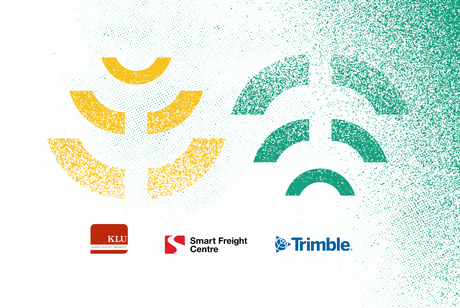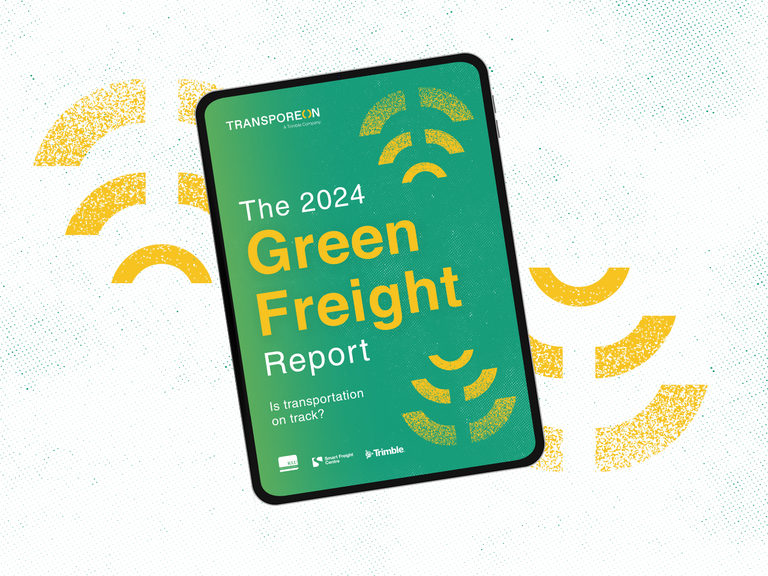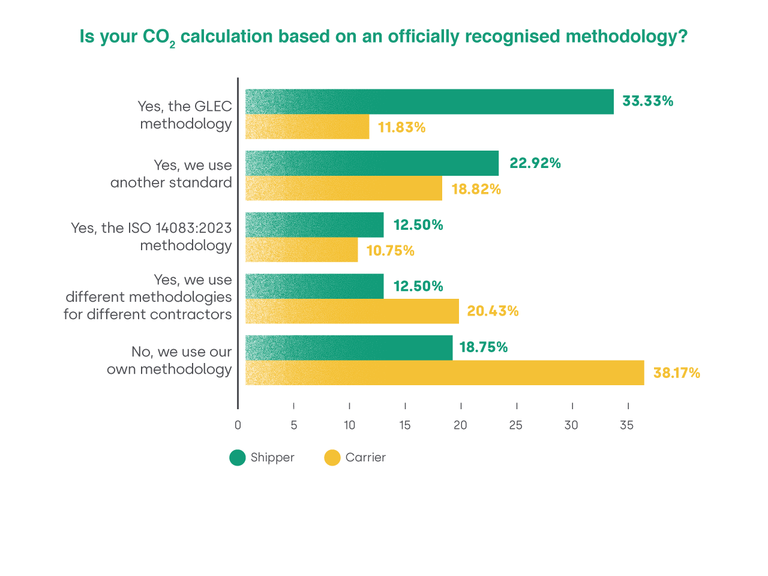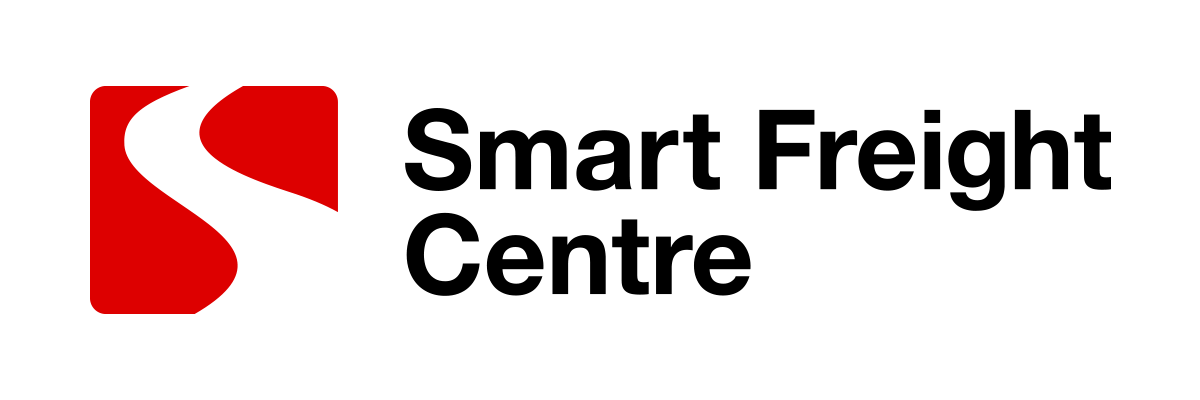Welcome to the third edition of our annual report on the decarbonisation of freight transport.
This year’s report expands on past research, capturing US perspectives alongside European sentiments, and includes the voices of shippers, carriers and freight forwarders. As fundamental strategic decisions face supply chain and sustainability executives, we encourage you to digest the latest insights collated here to help deepen your understanding and foster further conversations about major sustainability challenges and opportunities to adopt greener practices.
Written by Wolfgang Lehmacher and Mikael Lind, this report is a must-read not only for sustainability and ESG managers, but also for supply chain and logistics managers fostering a greener future through transportation.













